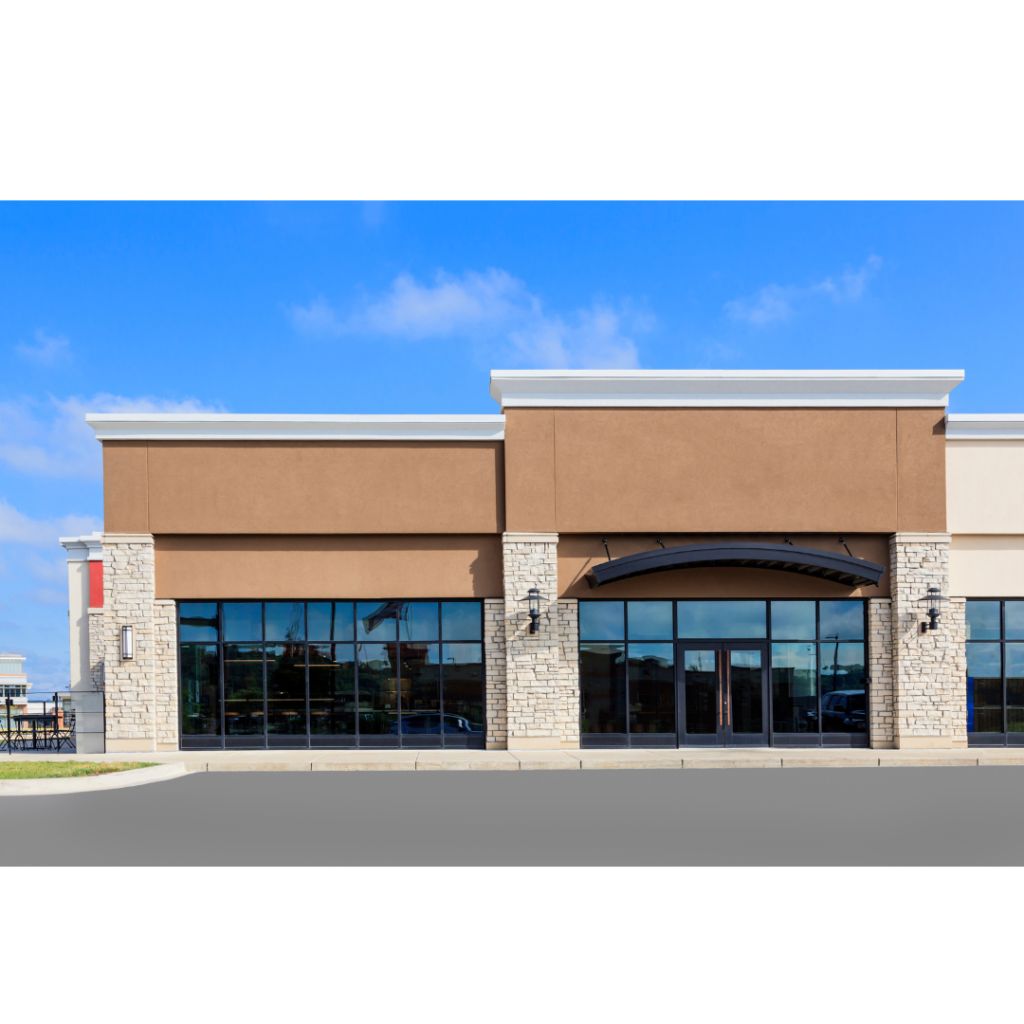- Home
- Commercial Broker Services
- Business Broker Services
- Business Owners Resources
- Setting Up Shop: A Retail Newcomer’s Guide to Commercial Spaces
Setting Up Shop: A Retail Newcomer’s Guide to Commercial Spaces
Starting a retail business is an exciting venture, but one of the most critical decisions you’ll make is choosing the right commercial space. The location, layout, and lease terms of your retail space can significantly impact your business’s success. This guide aims to help newcomers navigate the complexities of finding and securing the perfect spot for their retail shop.
Understanding Your Needs
Before you begin your search, it’s essential to have a clear understanding of your business needs. Consider the following factors:
Type of Business
Different types of retail businesses have varying space requirements. A boutique clothing store will need different amenities and layout compared to a grocery store or a cafe. Understand the specific needs of your business, such as the amount of display space, storage requirements, and any special installations.
Target Market
Knowing your target market is crucial. The location should be convenient for your potential customers. Are you targeting young professionals, families, or tourists? Each demographic has different shopping habits and preferences. Choose a location that aligns with your target market’s lifestyle.
Budget
Determine your budget early on. This includes not only the rent but also other costs such as utilities, maintenance, insurance, and any renovations needed. It’s essential to balance between getting a prime location and staying within your financial means.
Researching Locations
Once you have a clear picture of your needs, the next step is researching potential locations. Here are some key considerations:
Foot Traffic
High foot traffic areas are often more expensive but can lead to increased sales. Look for locations in bustling areas such as downtown districts, shopping malls, or near popular attractions. Observe the foot traffic at different times of the day and week to get a realistic picture.
Accessibility
Ensure the location is easily accessible by various means of transportation. It should have adequate parking if your customers are likely to drive. Proximity to public transportation can also be a significant advantage.
Competition
Analyze the competition in the area. While having competitors nearby can indicate a healthy market, too many can saturate it. Look for areas where there’s demand for your product but not an overwhelming number of similar businesses.
Neighborhood Dynamics
The character of the neighborhood can impact your business. Is it a trendy, up-and-coming area, or is it well-established? Each has its pros and cons. An up-and-coming area might be cheaper but riskier, while an established area might be more expensive but stable.
Evaluating Commercial Spaces
Once you’ve identified potential locations, it’s time to evaluate specific properties. Here’s what to consider:
Space Layout
The layout of the space should suit your business operations. Consider the flow of customer traffic within the store, the placement of displays, and the ease of navigation. Think about the back-end operations as well, such as storage and office space.
Condition of the Property
Inspect the condition of the property. Check for any necessary repairs or renovations. This includes plumbing, electrical systems, heating and cooling systems, and the general state of the interior and exterior.
Amenities
Consider what amenities are included in the space. This could range from basic necessities like restrooms and lighting to more specific needs like kitchen areas, Wi-Fi, or security systems.
Lease Terms
Understanding the lease terms is crucial. Pay attention to the length of the lease, renewal options, rent increases, and who is responsible for maintenance and repairs. It might be beneficial to consult with a real estate lawyer to ensure you fully understand the terms.
Negotiating the Lease
Negotiation is a critical part of securing your commercial space. Here are some tips:
Do Your Homework
Know the market rates for similar properties in the area. This will give you a benchmark for negotiation.
Be Prepared to Compromise
Negotiations often require some give and take. Determine what aspects are non-negotiable for you and where you can be flexible.
Ask for Incentives
Landlords might offer incentives to attract tenants, especially in a competitive market. This could include rent-free periods, reduced rates, or contributions to renovation costs.
Get Everything in Writing
Ensure all agreements and promises are documented in the lease. Verbal agreements can lead to misunderstandings or disputes later on.
Setting Up the Space
Once you’ve secured your location, it’s time to set up your shop. Here are some steps to follow:
Design and Layout
Create a layout that maximizes space and enhances the shopping experience. Consider working with a professional designer to create a functional and attractive space. The design should reflect your brand and appeal to your target market.
Permits and Licenses
Ensure you have all the necessary permits and licenses to operate your business. This might include health permits, signage permits, and occupancy permits. Check with local authorities to make sure you’re compliant with all regulations.
Renovations and Setup
If renovations are needed, plan them carefully to avoid delays. Hire reputable contractors and monitor the progress closely. Once renovations are complete, set up your store with fixtures, displays, and inventory.
Technology and Systems
Invest in a good point-of-sale system, security cameras, and other necessary technology. These systems can help streamline operations and enhance security.
Hiring Staff
Recruit and train staff before your opening. Ensure they understand your brand, products, and customer service expectations. A well-trained team can significantly impact the success of your store.
Grand Opening and Marketing
A successful grand opening can set the tone for your business. Plan an event that attracts attention and draws in customers. Promote your opening through various channels, such as social media, local newspapers, and flyers. Consider offering special promotions or discounts to entice customers to visit.
Conclusion
Setting up a retail business in a commercial space involves careful planning, research, and execution. By understanding your needs, researching locations, evaluating spaces, negotiating effectively, and setting up your shop thoughtfully, you can position your business for success. Remember, the right space can significantly influence your retail business’s growth and profitability. Good luck with your venture!



